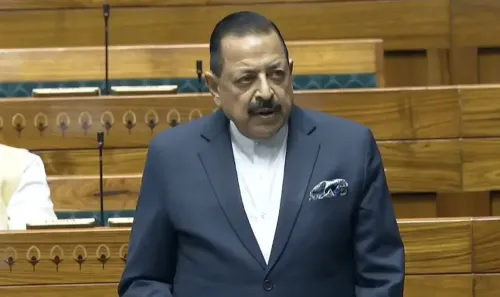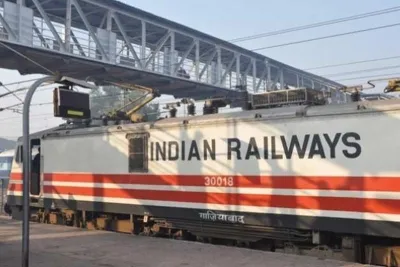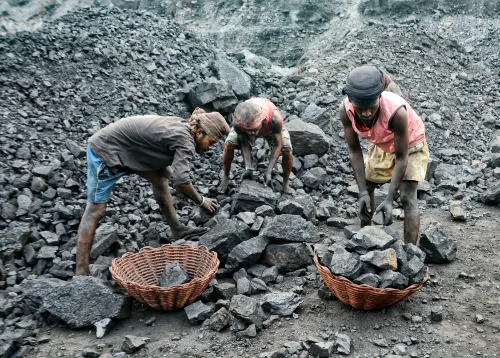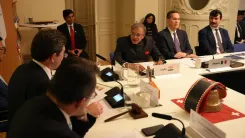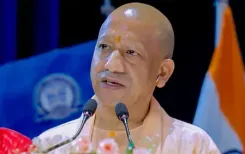Is the Adani Group Ready to Invest $100 Billion in the Next Five Years?
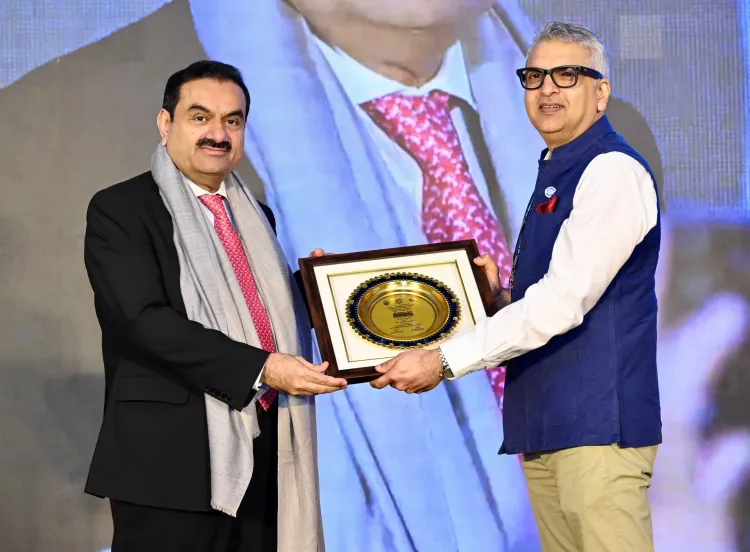
Synopsis
Key Takeaways
- $100 billion investment planned over five years.
- Focus on strengthening India’s infrastructure.
- Commitment to renewable energy and logistics.
- Mundra Port as a success story of private sector involvement.
- Potential to create significant job opportunities.
Mumbai, July 11 (NationPress) Gautam Adani, the Chairman of the Adani Group, revealed on Friday that the conglomerate is set to embark on a monumental capital expenditure of nearly $100 billion over the next five years.
“The magnitude and speed of this investment are unparalleled in the history of India’s private sector as we contribute to fortifying the very backbone of India’s ascent that must support 1.4 billion dreams,” Gautam Adani stated.
During a conference attended by leading medical professionals, Gautam Adani emphasized that these investments reflect the Adani Group’s conviction in India’s future, encompassing energy grids, logistics networks, and the nation’s industrial framework.
He spoke at the 5th Annual Conference of the Society for Minimally Invasive Spine Surgery-Asia Pacific (SMISS-AP), held in Mumbai.
Gautam Adani recounted the Group’s journey in transforming the Mundra port from a basic salt export terminal to India’s largest multi-cargo port.
“Mundra is a testament to a vision realized. It serves as a reminder that when ambition is bold, destiny aligns. It is now recognized as India’s largest multi-cargo port, the world’s most extensive private single-site thermal power station, India’s initial HVDC transmission line, and the largest hub for integrated solar and wind manufacturing, alongside a plethora of essential industries such as petrochemicals, copper smelters, solar components, and much more on the horizon,” the Adani Group Chairman elaborated.
He shared that when the US partner withdrew from the Mundra salt export project initially, his firm proceeded independently despite lacking construction experience in the marshy area.
In the mid-1990s, Gujarat pioneered a public-private partnership framework for port development to leverage private sector expertise, prompting the Adani Group to seize the opportunity.
The Mundra Port began operations in October 1998 with its inaugural berth, marking the launch of India’s first private port. Shortly thereafter, the SEZ policy was introduced.
“Once again, we acted swiftly. While others perceived desolate land, we envisioned 40,000 acres of potential,” Gautam Adani commented.
He indicated that the Mundra port experience instilled in the company the courage to transcend limits, “it reinforced our belief that barren salt flats could evolve into world-class infrastructure, and it convinced us that if we could achieve it once, we could do it again, on a grander scale, with greater speed and audacity.”
Gautam Adani further asserted that “What began in our karmabhoomi has developed into a nationwide network of aspirations, driving our progress that has established us as the world’s second-largest solar power company and constructing the world’s largest single-site hybrid renewable park of 30 GW covering over 500 square kilometers.
The Adani Group is also India’s largest integrated private airport operator, managing over 25 percent of the nation’s passengers and 38 percent of its air cargo, alongside being the largest in ports and logistics, handling 30 percent of the country’s maritime cargo,” he added.
Additionally, the Group oversees a highly integrated energy sector that includes thermal and renewable generation, transmission, distribution, LNG, LPG, CNG, PNG, battery storage, hydrogen trucks, EV charging stations, pumped hydro, and mining.
It is also recognized as India’s second-largest and most efficient cement producer, along with active involvement in aerospace and defense, data centers, and real estate, Gautam Adani concluded.



